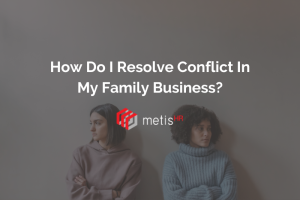
How To Deal With Literacy And Language Barriers In The Workplace
Communication is key to good relationships, and this is just as true in the workplace as it is in our personal lives. Without clear communication,
Articles

Communication is key to good relationships, and this is just as true in the workplace as it is in our personal lives. Without clear communication,

Employers have a responsibility to ensure that employees are not offended by the language used at work. However, this can be easier said than done

Salon owners experience a unique set of HR concerns specific to the hair and beauty industry, in addition to the more general HR issues that

Friday 23rd June 2023 will be International Widow’s Day, a day marked around the world by the United Nations and dedicated to promoting the rights

Running a family business is very often a balancing act. There can be huge advantages to be had, but there can also be issues that

It’s not unusual for your employees to have conflicts in the workplace. They’re in an environment for so many hours during the day and everyone
Are you wondering how to talk to an employee about their mental health? If you need support dealing with an employee’s disclosure we’ve set out
Why won’t employees take responsibility for their actions is a question that many employers ask themselves. When you want someone to take responsibility you need
It’s Anti-Bullying Week in the UK, from 16 to 20 November, but bullying goes beyond school and can happen in the workplace. Bullying in the
Today marks World Suicide Awareness Day and there is a desperate need for more mental health and suicide awareness in the workplace. Every year between
Categories
Copyright © 2020 Metis HR Ltd. Registered Company No: 07554123. All Rights Reserved
Website by Thomas Cole Digital